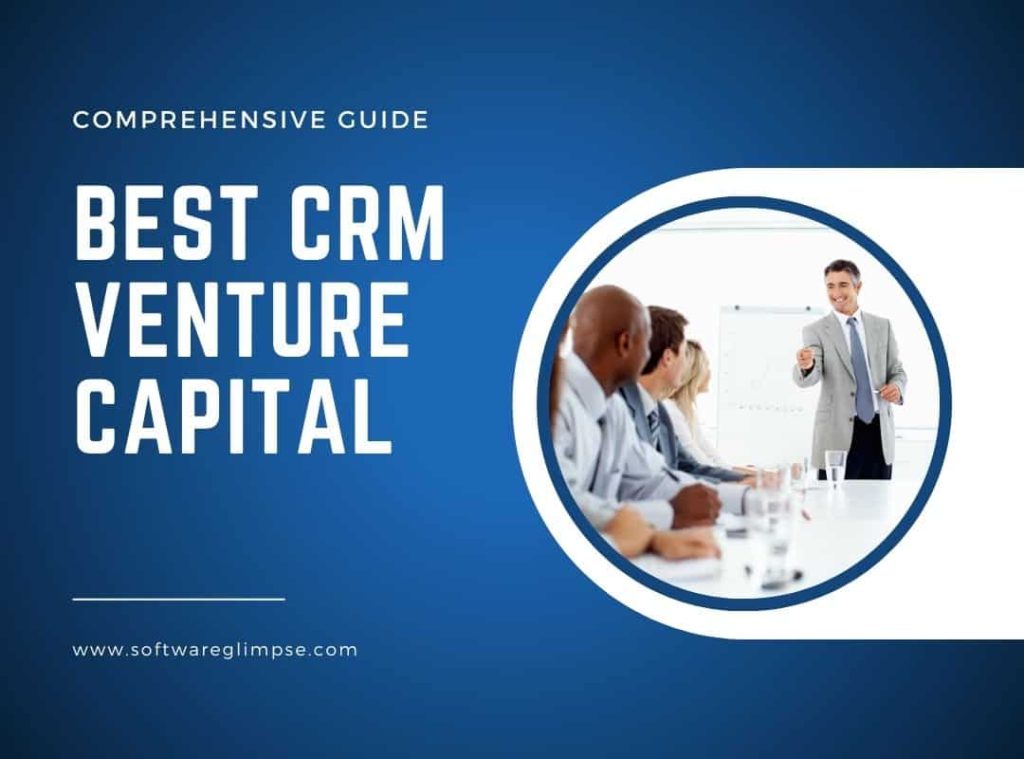Beginning with the best contractor CRM, this overview delves into the importance of utilizing CRM systems in the construction industry. From managing projects to enhancing client relationships, Contractor CRM software plays a vital role.
Key features, benefits, and examples of popular Contractor CRM software will be explored, providing a comprehensive understanding of how this tool can revolutionize project management in contracting businesses.
Overview of Contractor CRM
Contractor CRM, or Customer Relationship Management, is a software solution designed specifically for contractors in the construction industry to manage projects, clients, and communication effectively. It serves as a centralized platform for organizing project details, tracking client interactions, and streamlining workflows. The significance of Contractor CRM lies in its ability to improve project management efficiency, enhance client satisfaction, and increase overall business productivity.
Key Features and Benefits, Best contractor crm
- Centralized project management dashboard
- Client contact and communication tracking
- Task assignment and progress monitoring
- Document sharing and storage
- Integration with other business tools
Popular Contractor CRM Software
- Procore
- BuilderTREND
- CoConstruct
- JobNimbus
- Buildertrend
Factors to Consider When Choosing the Best Contractor CRM
When selecting a Contractor CRM for a contracting business, it is essential to consider factors such as scalability, customization, integration capabilities, and user-friendliness. The chosen CRM should be able to adapt to the changing needs of the business, integrate seamlessly with existing tools, and provide a user-friendly interface for easy adoption by employees.
Scalability and Customization

Scalability refers to the CRM’s ability to grow alongside the business and accommodate increasing project demands. Customization allows businesses to tailor the CRM to fit their unique processes and requirements, ensuring optimal performance and efficiency.
Integration Capabilities
The CRM should have the capability to integrate with other essential business tools such as accounting software, project management tools, and communication platforms. This integration ensures smooth data flow and eliminates the need for manual data entry across multiple systems.
User-Friendliness

A user-friendly CRM interface is crucial for successful adoption within the organization. Employees should be able to navigate the system easily, access relevant information quickly, and perform tasks efficiently without extensive training.
Pricing Models and Subscription Plans
Comparing pricing models and subscription plans offered by different Contractor CRM providers is essential to ensure that the chosen CRM aligns with the business’s budget and requirements. Consider factors such as upfront costs, ongoing fees, and scalability options when making a decision.
Implementation and Onboarding Process

The implementation of a Contractor CRM system involves several steps, including data transfer, employee training, and workflow adaptation. The onboarding process is crucial for ensuring a smooth transition to the new CRM software and maximizing its benefits within the organization.
Steps for Implementation
- Assess current processes and data
- Select and customize CRM software
- Transfer data and set up system
- Train employees on system usage
- Monitor and adjust workflows as needed
Tips for Successful Onboarding
Provide ongoing support and training for employees
Encourage feedback and address concerns promptly
Monitor system usage and performance regularly
Utilizing Contractor CRM for Project Management
Contractor CRM software plays a crucial role in streamlining project management processes, including task assignment, scheduling, and progress tracking. It also facilitates client communication, change order management, and document sharing throughout construction projects, ultimately improving project efficiency and client satisfaction.
Benefits of Contractor CRM for Project Management
- Improved task assignment and tracking
- Efficient scheduling and resource management
- Enhanced client communication and collaboration
- Streamlined change order management
- Centralized document storage and sharing
Ultimate Conclusion: Best Contractor Crm
In conclusion, embracing the best contractor CRM can significantly improve project management efficiency, client communication, and overall workflow in the construction sector. By leveraging the right CRM solution, contracting businesses can maximize productivity and achieve successful project outcomes.
FAQ Insights
How does a Contractor CRM benefit project management?
A Contractor CRM streamlines processes such as task assignment, scheduling, progress tracking, client communication, change orders, and document sharing, leading to more efficient project management.
What factors should be considered when selecting the best Contractor CRM?
Essential factors include scalability, customization, integration capabilities, user-friendliness, pricing models, and subscription plans offered by different providers.
What is the implementation process for a Contractor CRM system?
Implementation involves steps like transferring data, training employees, and adapting workflows. Tips for a smooth transition and successful adoption within the organization are essential.

